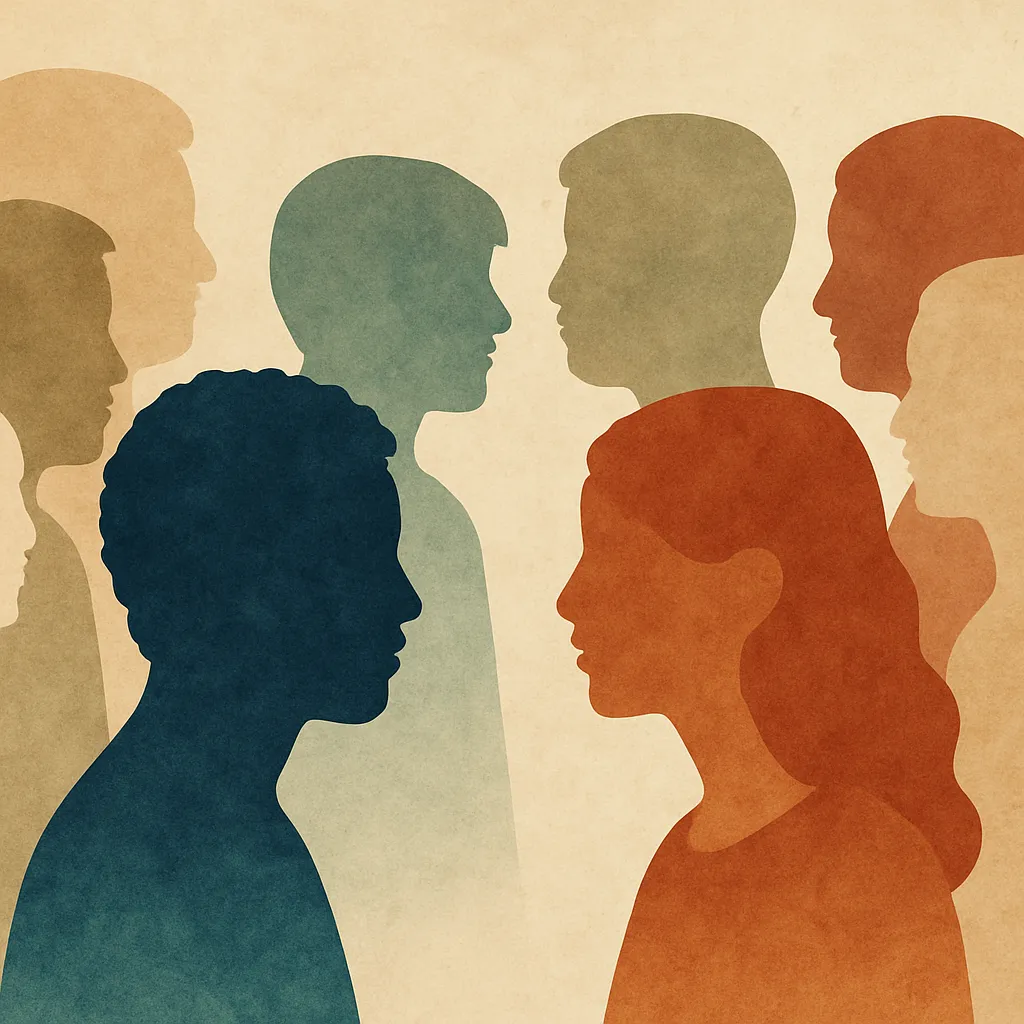What Story Is This Research Telling? A Call for Accountability in Autism Science

Autism research is advancing faster than ever — powered by vast data sets, artificial intelligence and record-breaking financial investments. Initiatives like the newly announced Lurie Autism Institute in Philadelphia, backed by a $50 million gift, promise a deeper understanding of autism across the lifespan with aspirations of meaningful impact.
But alongside these advances, one critical question must be asked:
What story is this research telling — and who gets to shape it?
For too long, autism science has been driven by a single frame: autism as a pathology. A disorder. A problem to solve.
That frame has shaped everything — from funding decisions to media coverage, from diagnostic criteria to the voices included or excluded in the room.
It’s a frame that:
- Reduces human beings to risk profiles
- Seeks causation over communication
- Frames difference as damage
- Prioritizes prevention over inclusion
And no matter how cutting-edge the technology or how well-intentioned the team, research that follows this path often ends up reproducing harm — especially when autistic people are studied but never consulted.
Institutions like the Lurie Autism Institute have the opportunity — and the responsibility — to do better.
Not just more data but better framing.
Not just more research but more accountability.
Not just about autism but with autistic people.
This means:
- Centering autistic voices in governance and design
- Funding research into access, communication and quality of life
- Rejecting narratives that treat autism as a crisis or mistake
- Prioritizing ethical safeguards as strongly as technical innovation
This is not a rejection of science. It is a demand for better science — science that sees autistic people not as collateral but as collaborators.
The stakes are high. Because research doesn’t just generate knowledge — it generates stories. Stories that influence policy. Stories that affect services. Stories that shape how the world sees autistic people — and how we are treated because of it.
It is not enough to be ambitious.
Autism research must also be just.